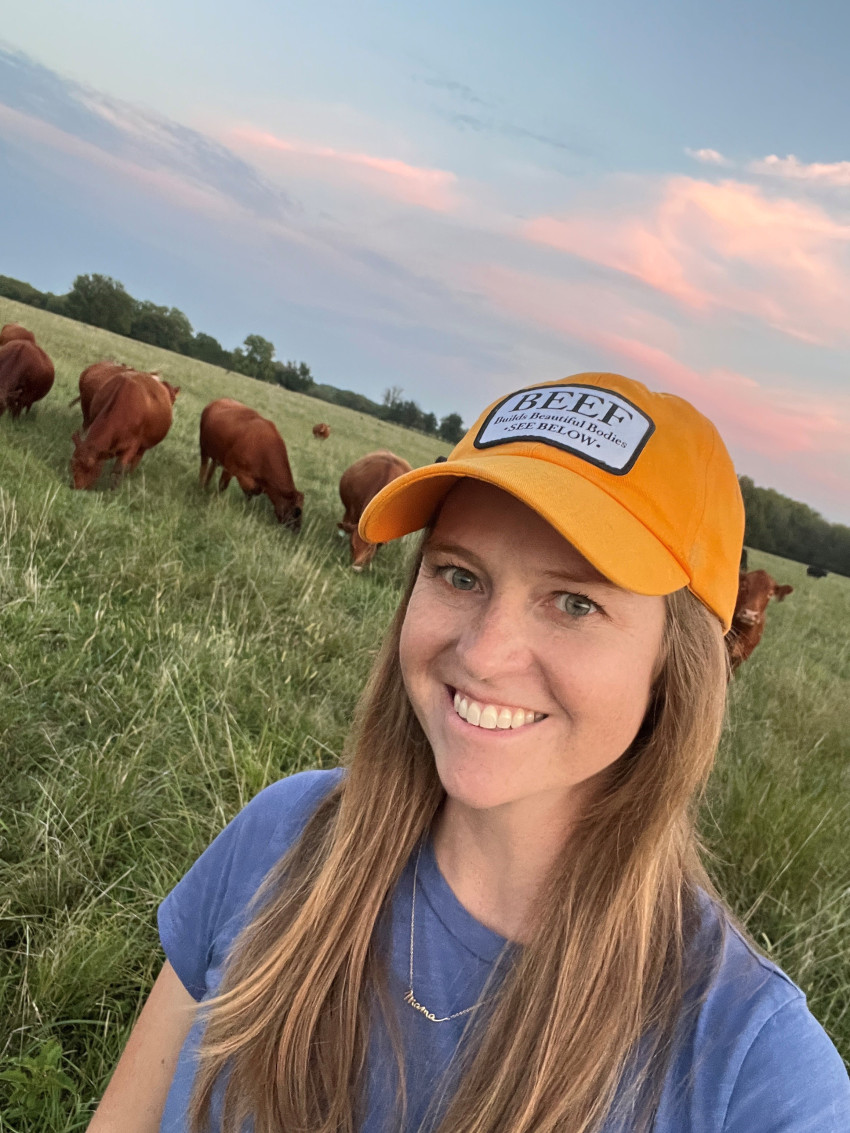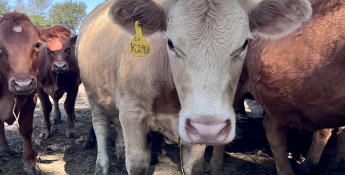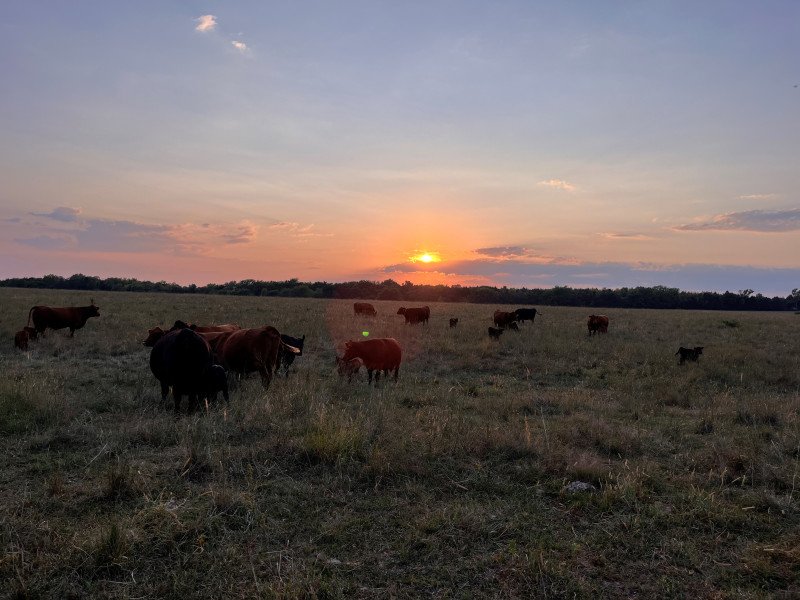By Brandi Buzzard on September 18, 2024
What Is a Corporate Farm? Clearing Up Misconceptions in Agriculture
Are corporate farms and family farms different? Find out!
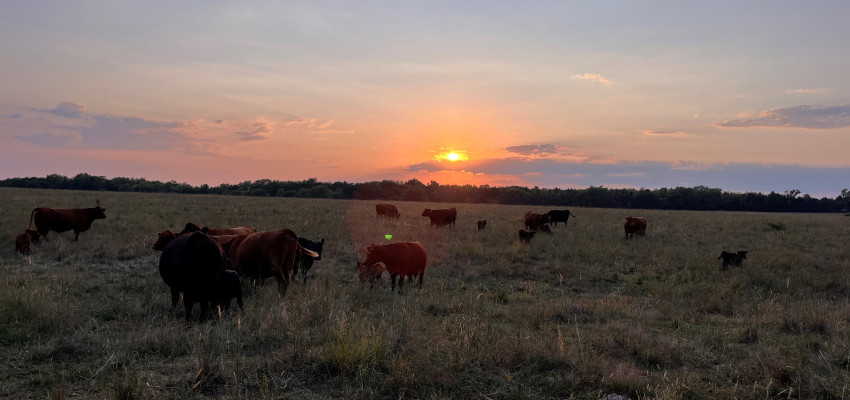
Every year when August rolls around, I get this itch that I should get caught up on our ranch bookkeeping. We are a small business, and although we do hire a professional accountant to file our taxes and assist us with maximizing our options, we do our bookwork on our own using Quicken and a very sophisticated filing system – a big green folder in my desk.
As I said, we are a small business and when we created our business, we had a few routes we could follow when it comes to how we file our taxes such as married filing jointly/sole proprietorship, partnership or corporation. Ultimately, we chose what worked best for us based on our accountant’s advice, but I would like to delve further into that final designation: corporation.
What is a corporation? According to Google, a corporation is “a legal entity that is separate from its owners, or shareholders, and has many of the same rights and responsibilities as individuals.” I’d like to add that a corporation can have one or many shareholders. Technically, our ranch could be a corporation with my husband and I both existing as shareholders, because when the ink dries on the paperwork, a corporation is simply a way to file one’s taxes.
Knowing this, it never fails to draw my ire when I see accusations of poor animal care, environmental degradation or substandard food nutrition aimed at “corporate farms and ranches.” The thought process behind such claims implies that somehow if a farm or ranch grows beyond an undetermined, oft-flexible size – either in acres or animals – the quality of food or animals raised becomes below average.
My inquiry to those with that mindset is, “Why such trepidation and contempt for rural business owners who have achieved growth and profitability?” Why do we exist in a society where we applaud the growth of other businesses such as Coca-Cola, Meta or Home Depot but we denigrate businesses that grow our food? The double standard is maddening to me.
Large farms and ranches, many of which are family-owned but may be designated as a “corporate farm,” are highly technological and often their early adoption of new technology methods and devices encourages scientists and engineers to develop cutting-edge equipment and tech upgrades. Furthermore, large farms and ranches are just as likely to invest[GD1] [BB2] in sustainability initiatives that focus on water conservation, waste management and soil preservation as small farms, all of which promote environmental stewardship.
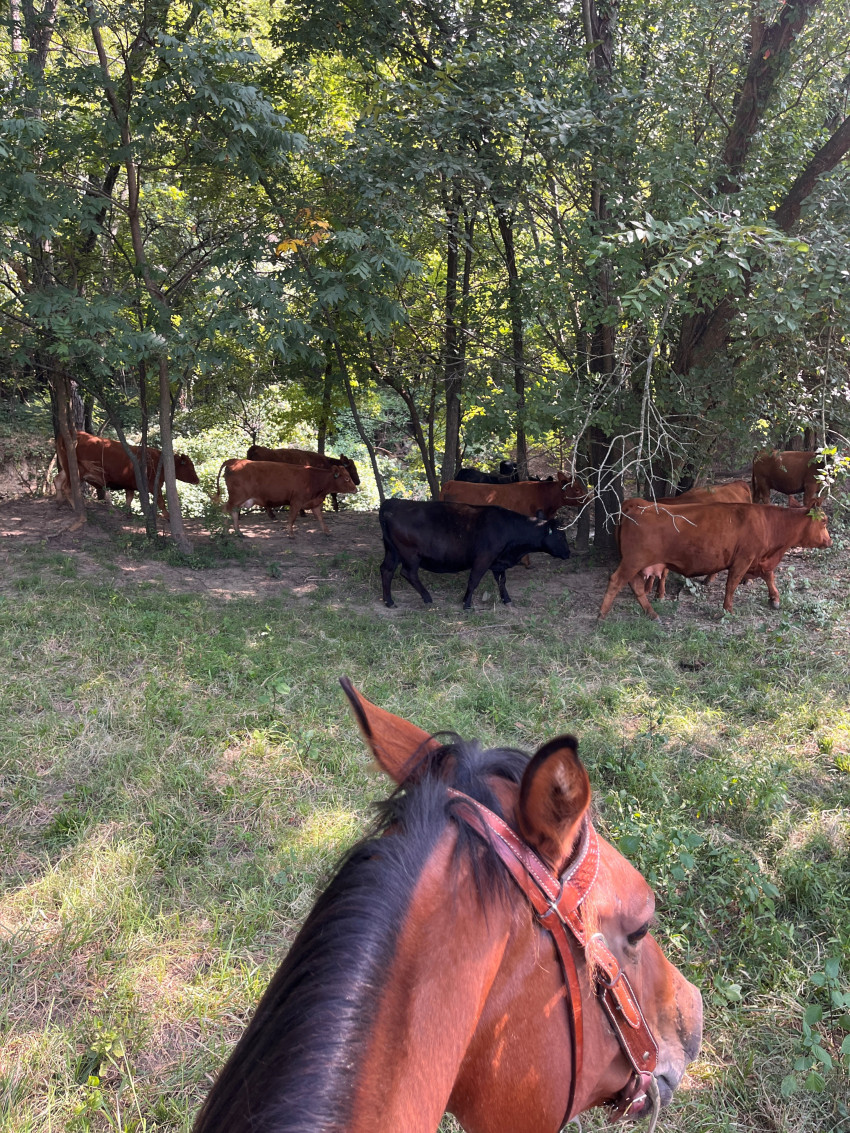 From a livestock standpoint, implementing technology that promotes food safety and animal health is easier due to economies of scale, such as high-frequency electronic identification (EID) systems. Additionally, new cattle working facilities and equipment are easier to justify on the income statement every year if a rancher owns a large herd, rather than a handful of cattle.
From a livestock standpoint, implementing technology that promotes food safety and animal health is easier due to economies of scale, such as high-frequency electronic identification (EID) systems. Additionally, new cattle working facilities and equipment are easier to justify on the income statement every year if a rancher owns a large herd, rather than a handful of cattle.
These are not statements intended to trounce on small farms or ranches, or their owners. Instead, I think it’s important for grocery shoppers to recognize that the size of a farm or ranch has nothing to do with the care of land or livestock, and the label of “corporate farm” quite often relates to the financial logistics of the operation.
Many corporate farms and ranches are very likely supporting multiple families and thus have a corporate designation to protect the individual parties but also combine assets in a financially sound way. Moreover, it’s worth noting that 95 percent of all U.S. farms and ranches are family-owned and operated, according to the U.S. Ag Census.
Lastly, I want to emphasize there is no one right way to farm or ranch, so each operation and its owners manage the animals, land and the business the best way they can to remain both environmentally and financially sustainable. Before we criticize a business for being larger than our comfort zone allows, let’s look beyond the size and consider the people and their practices before casting judgement.
As always, please feel free to contact me with any questions you might have about food, farming or ranching by reaching out to me on any of my social media channels.

